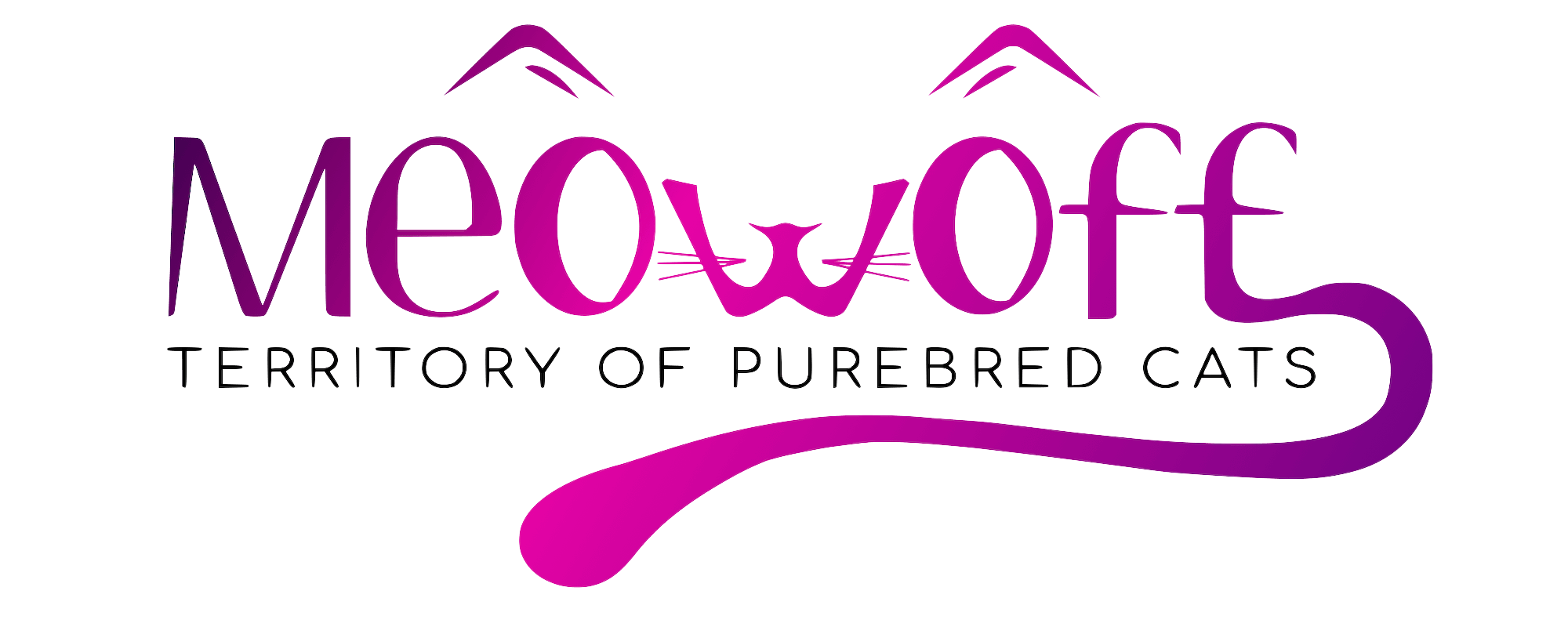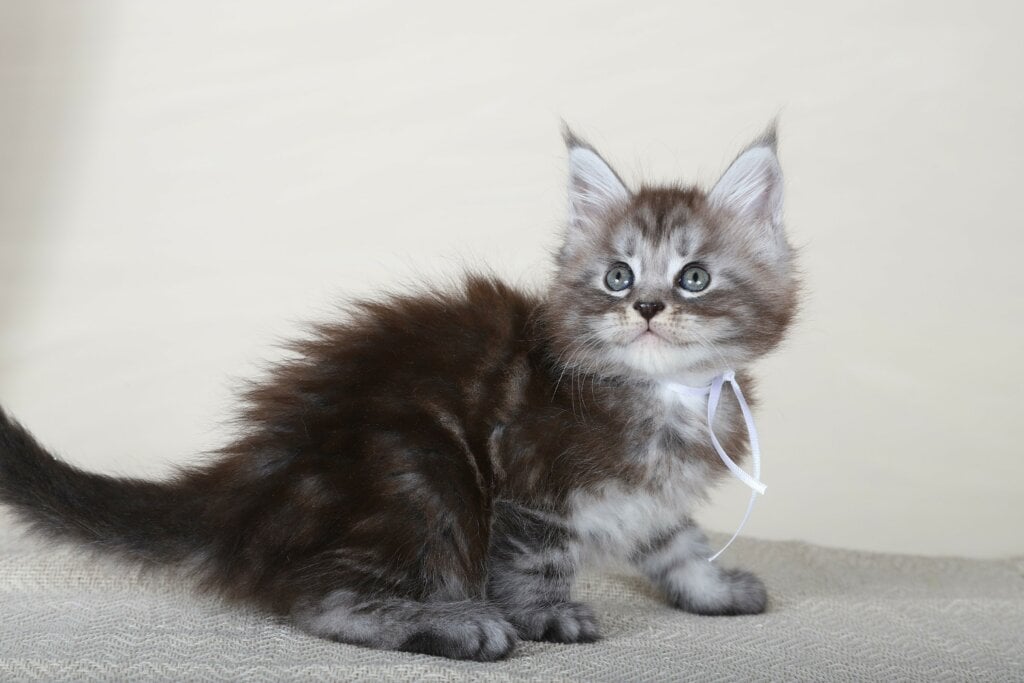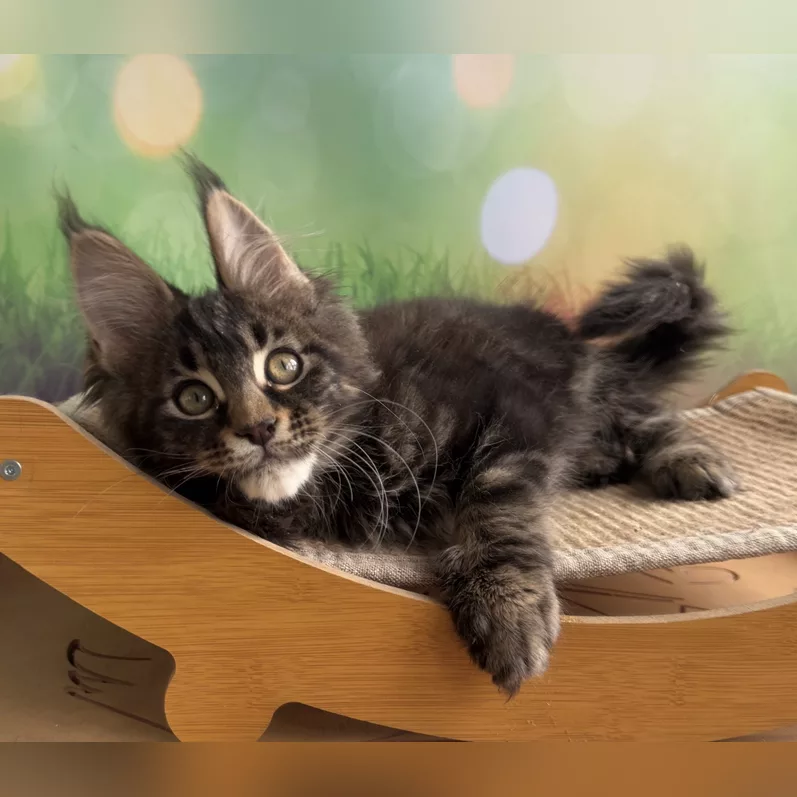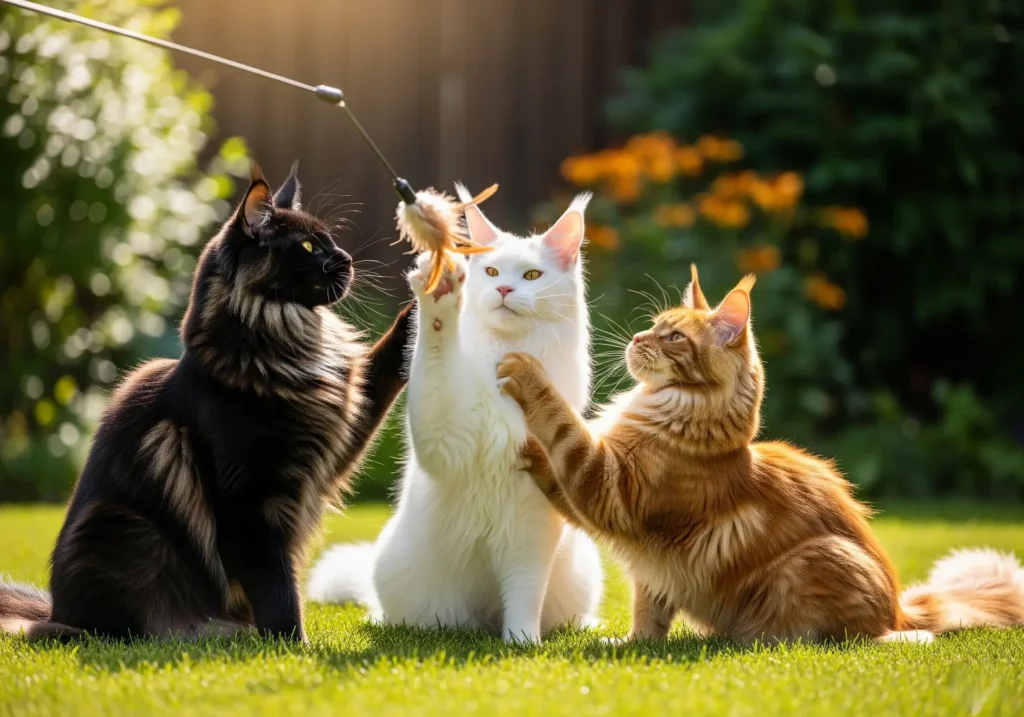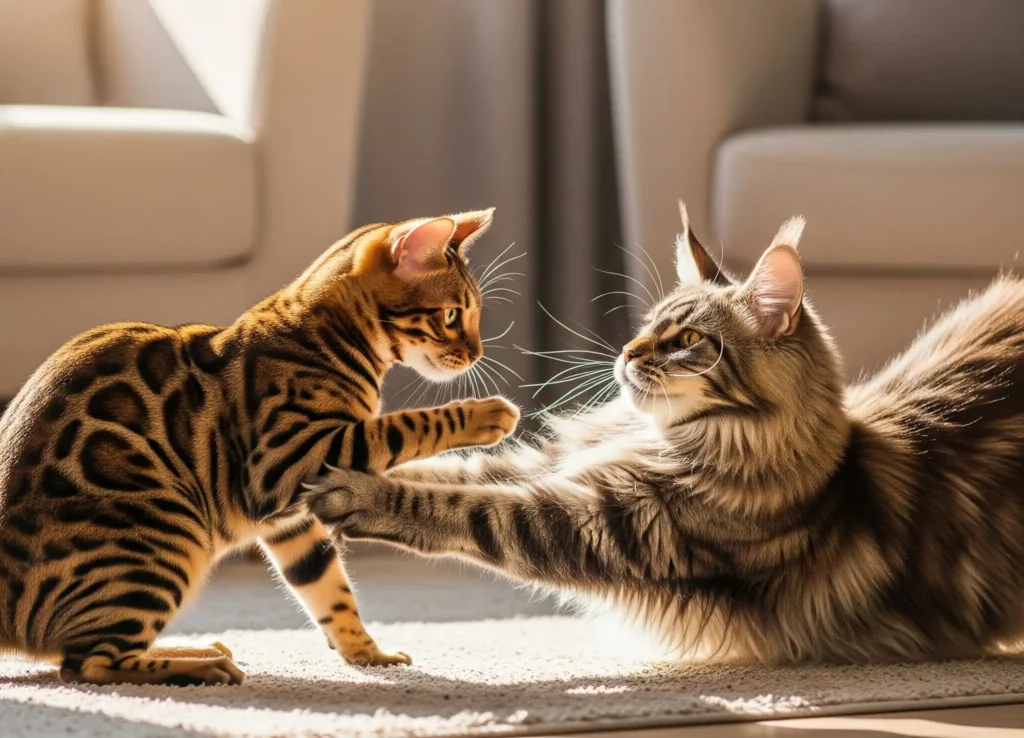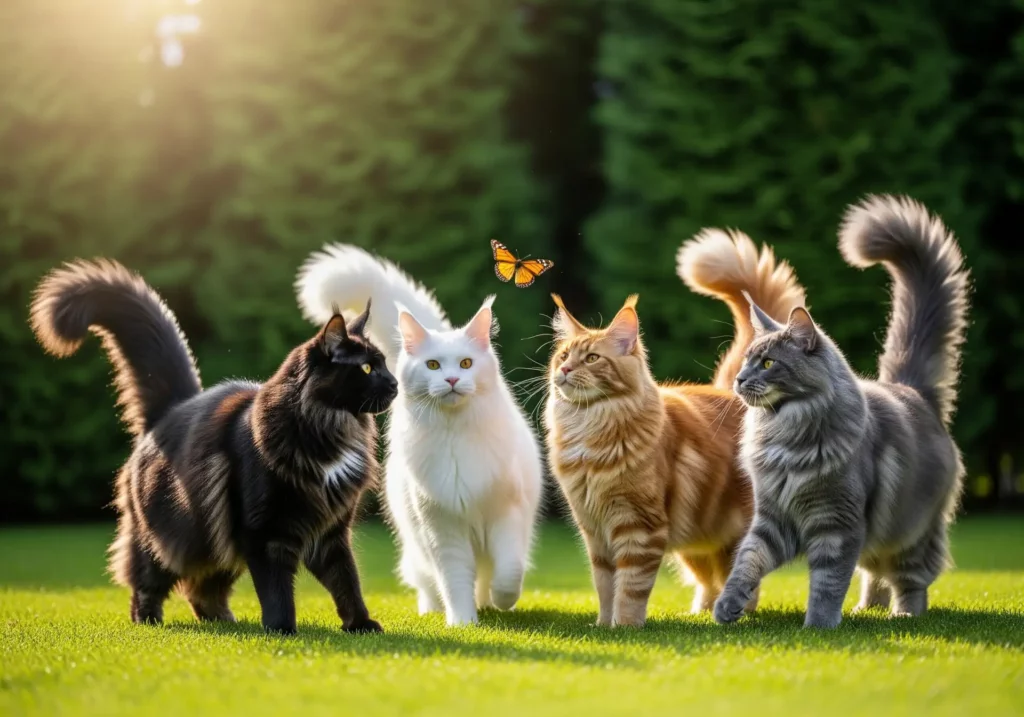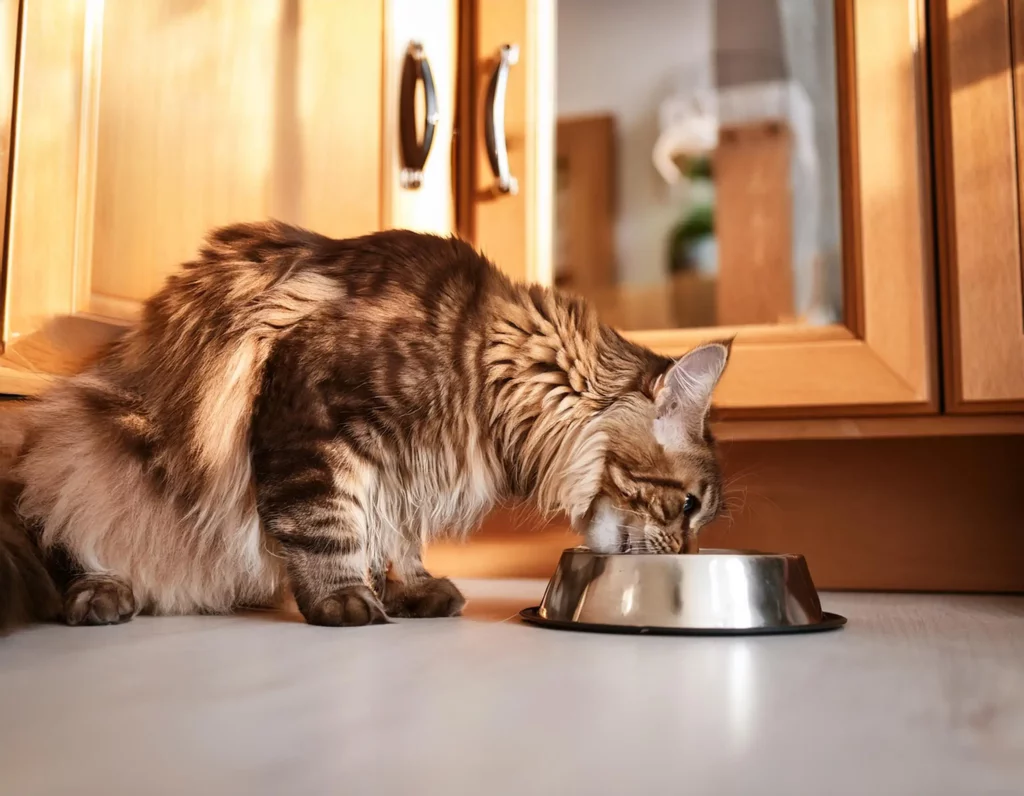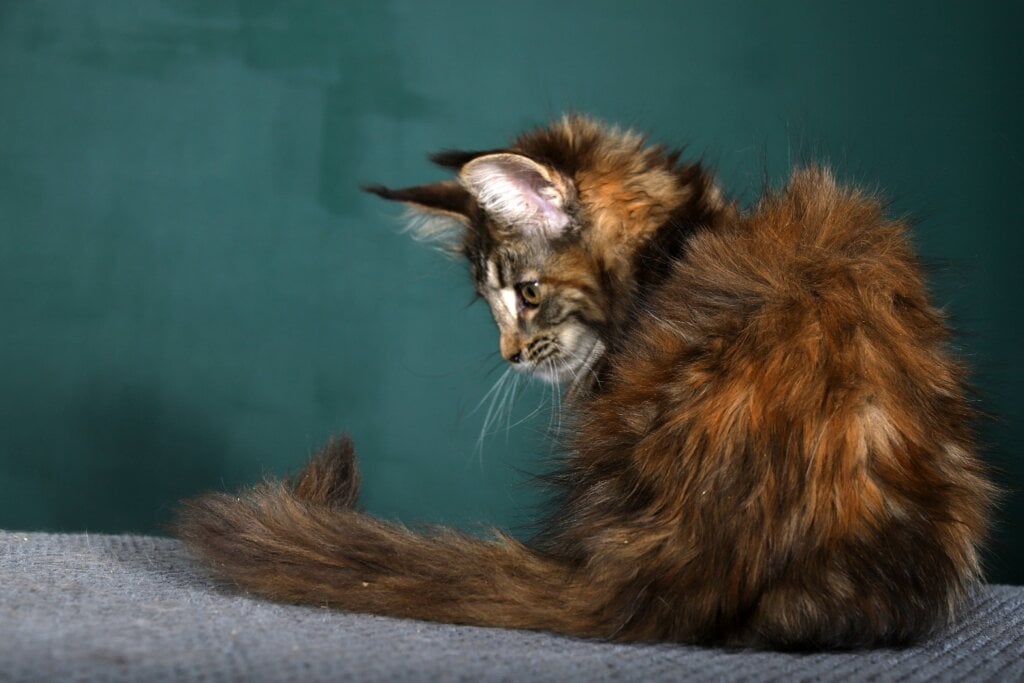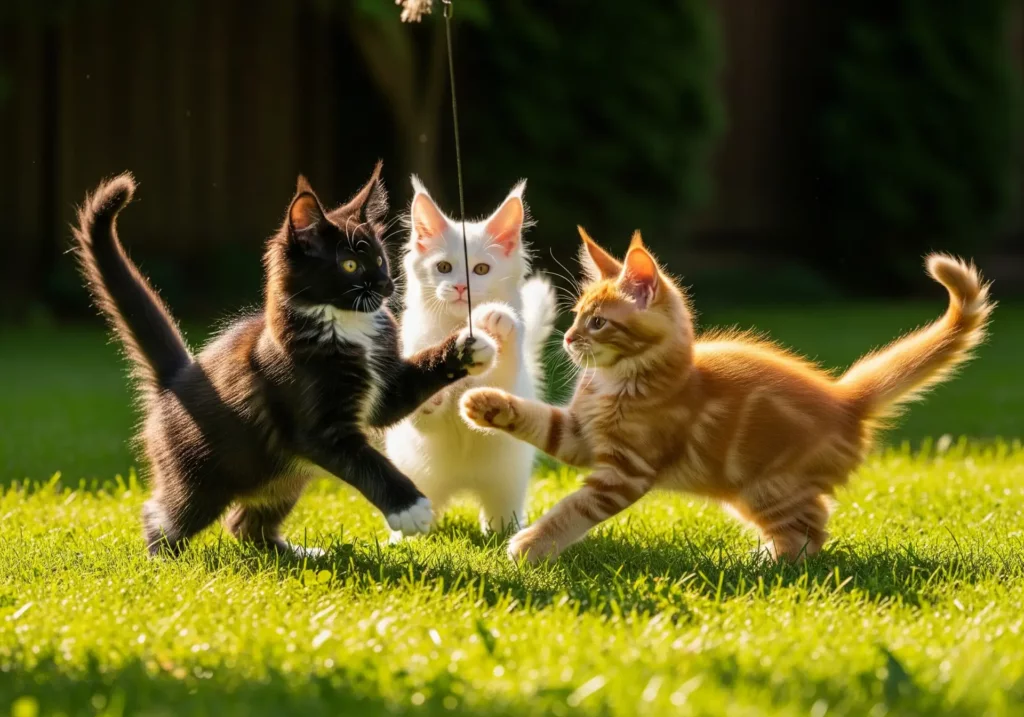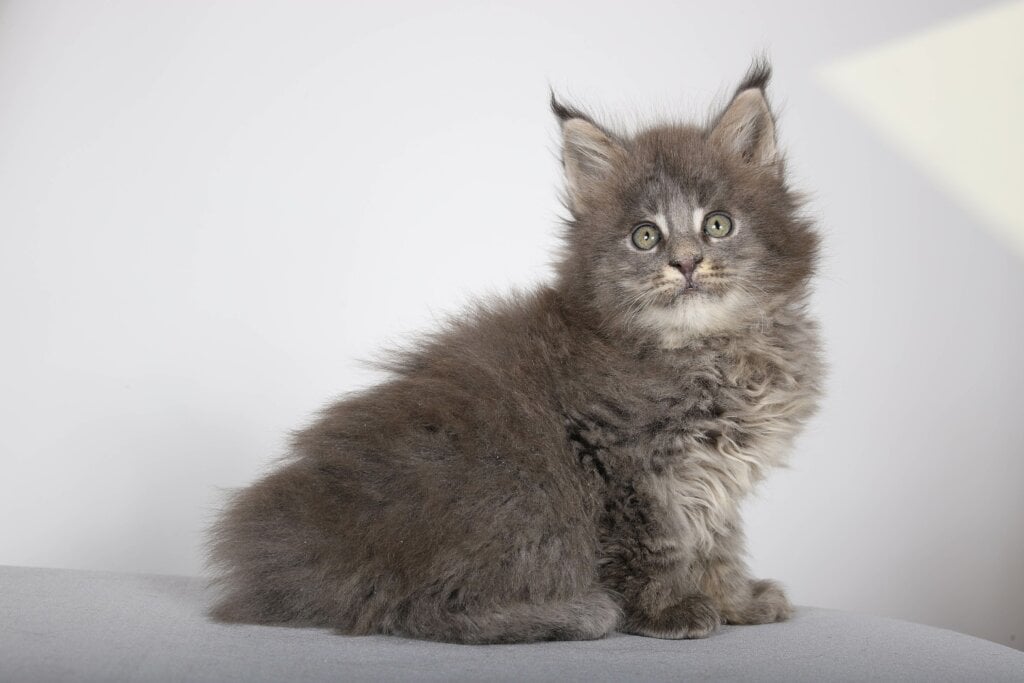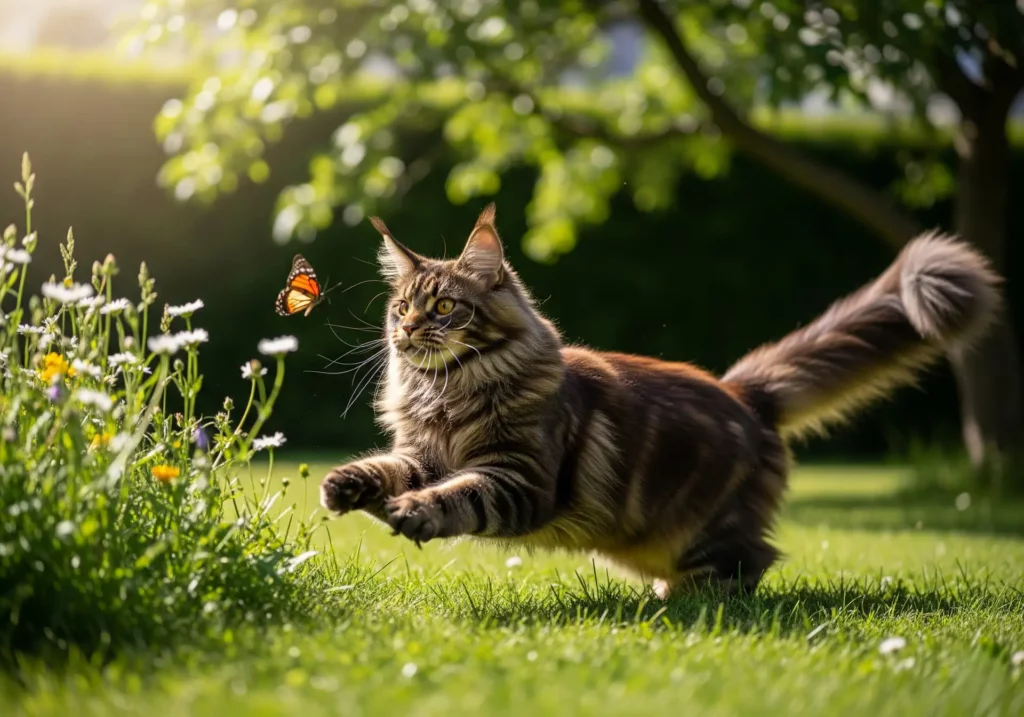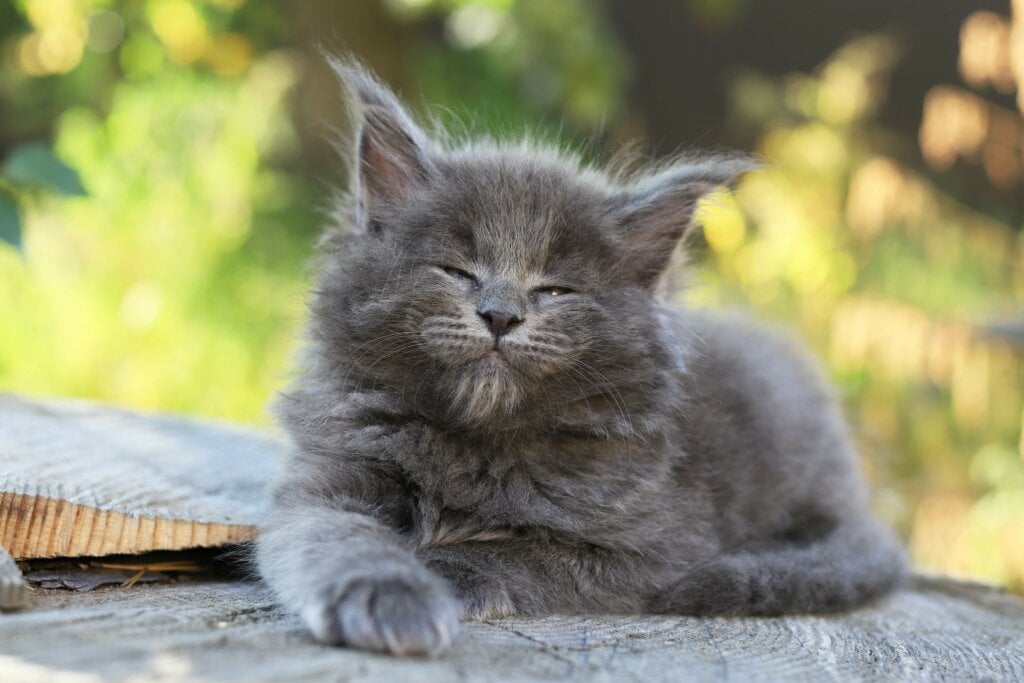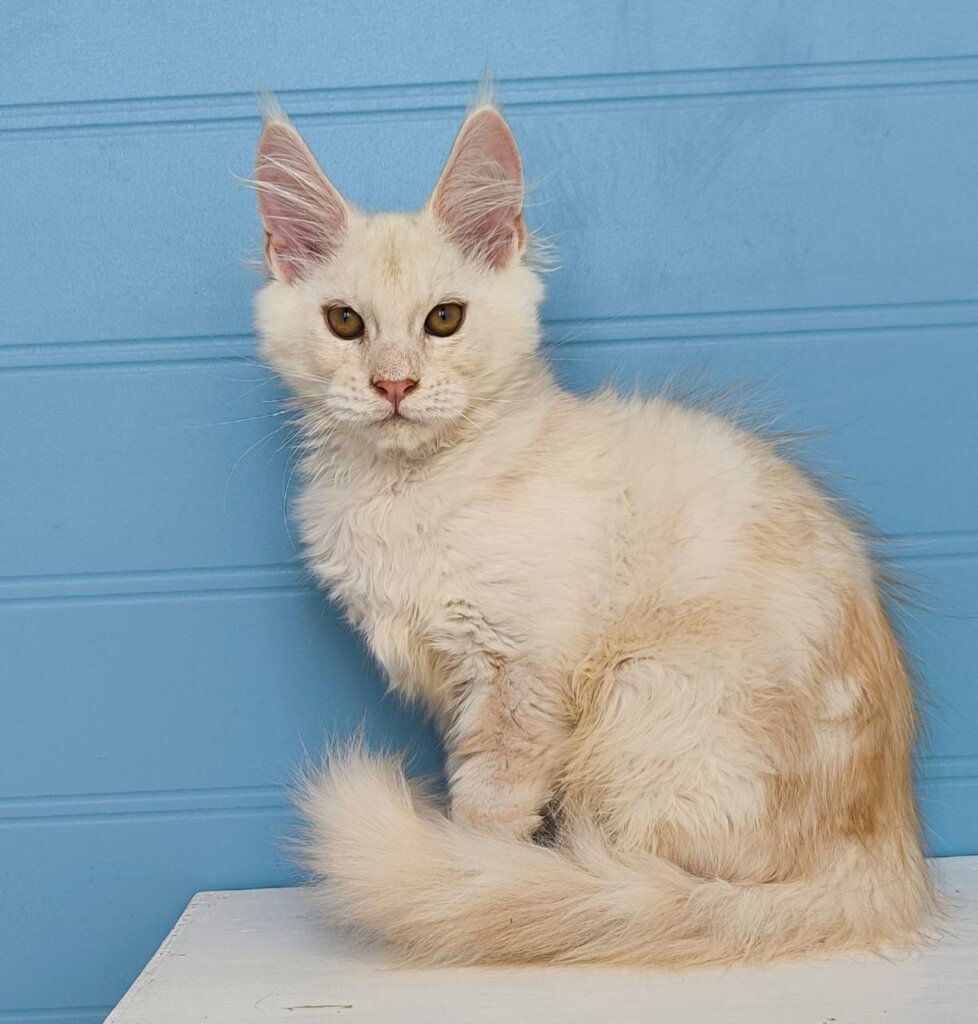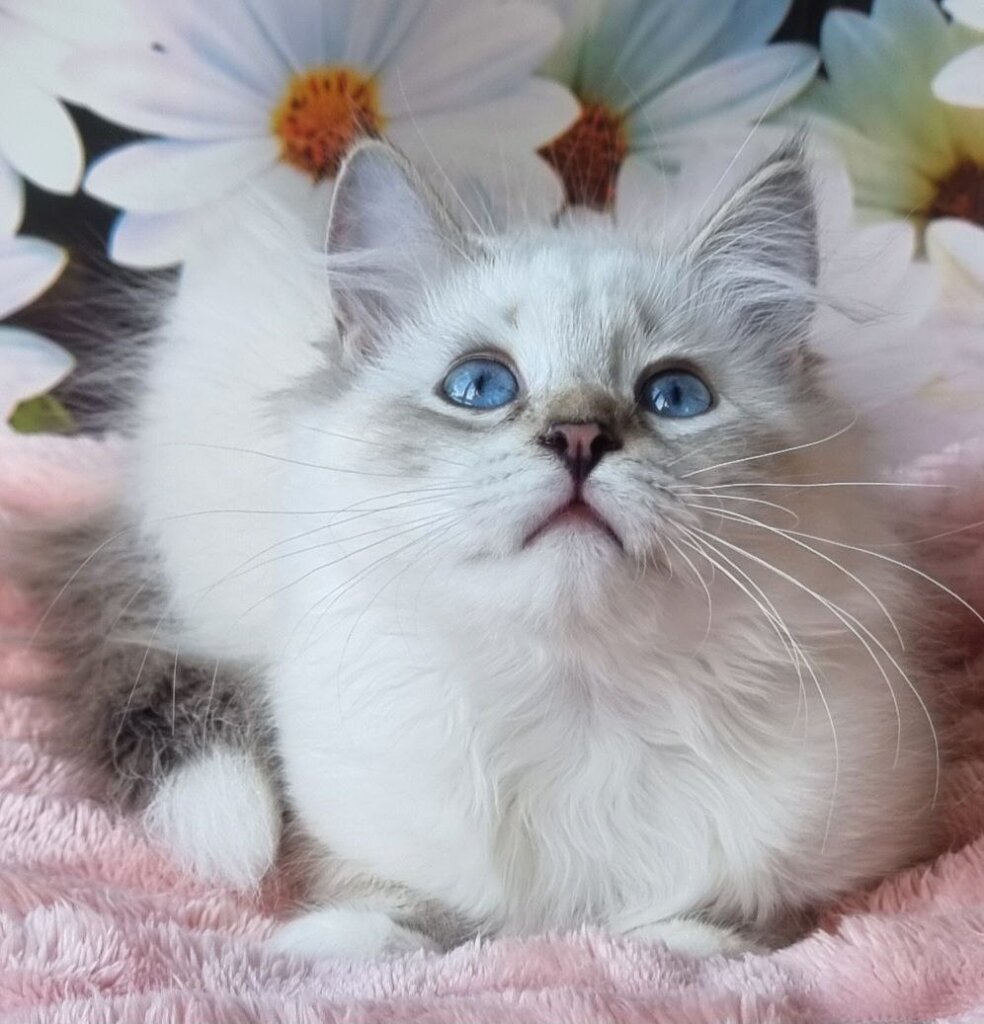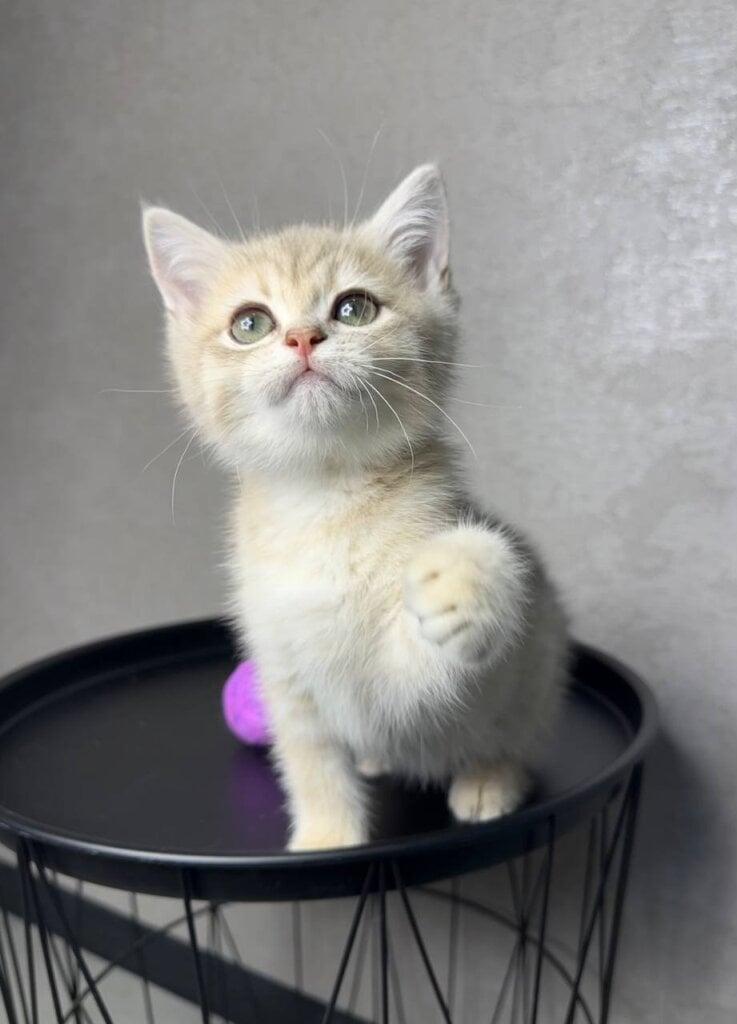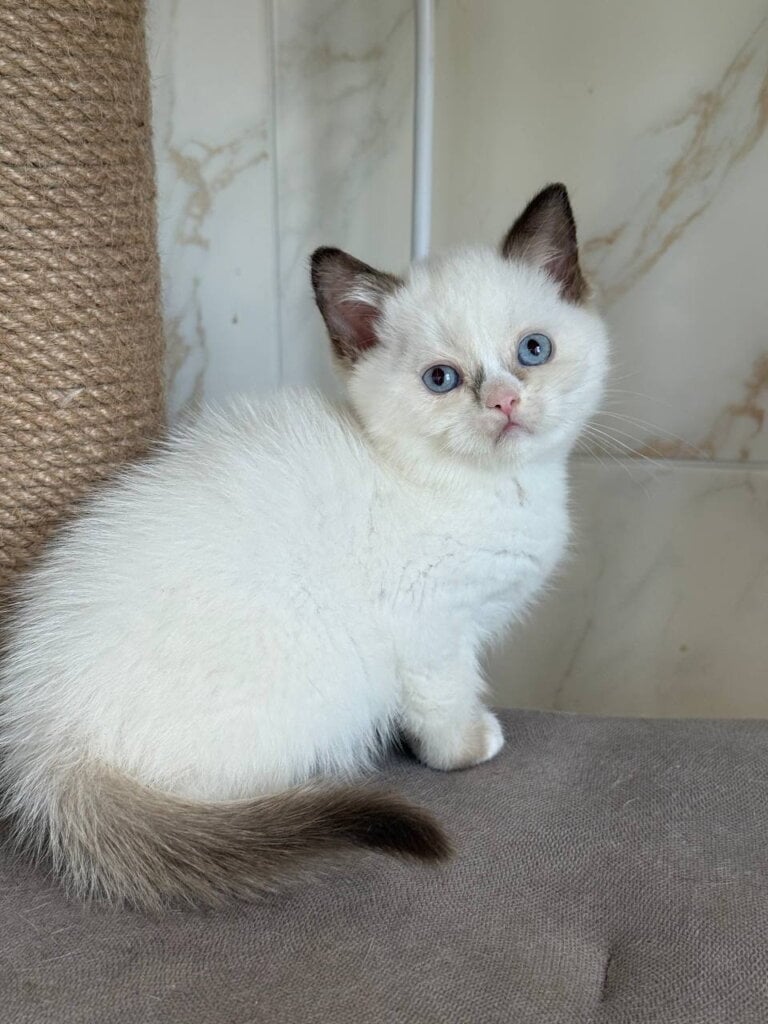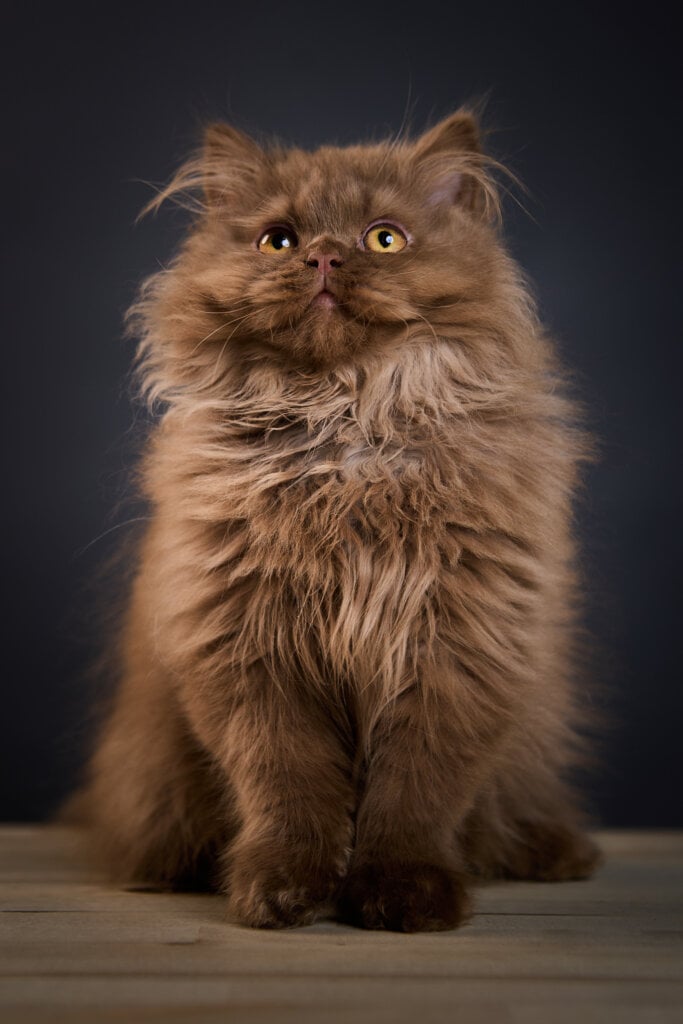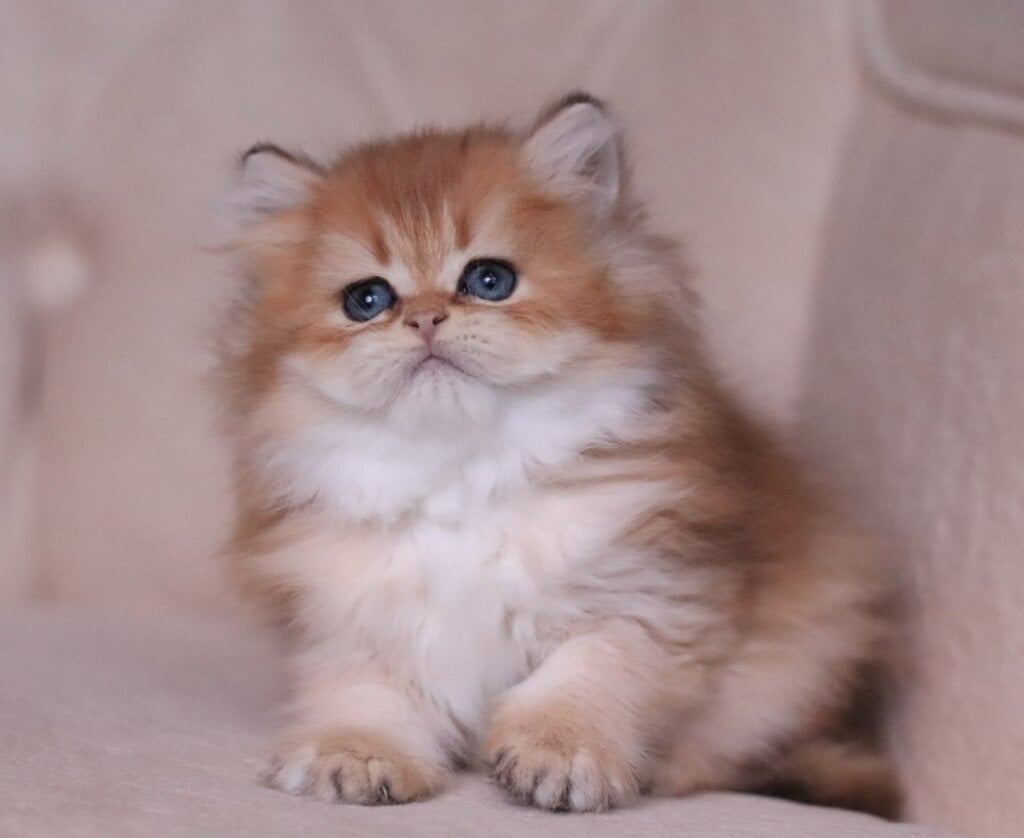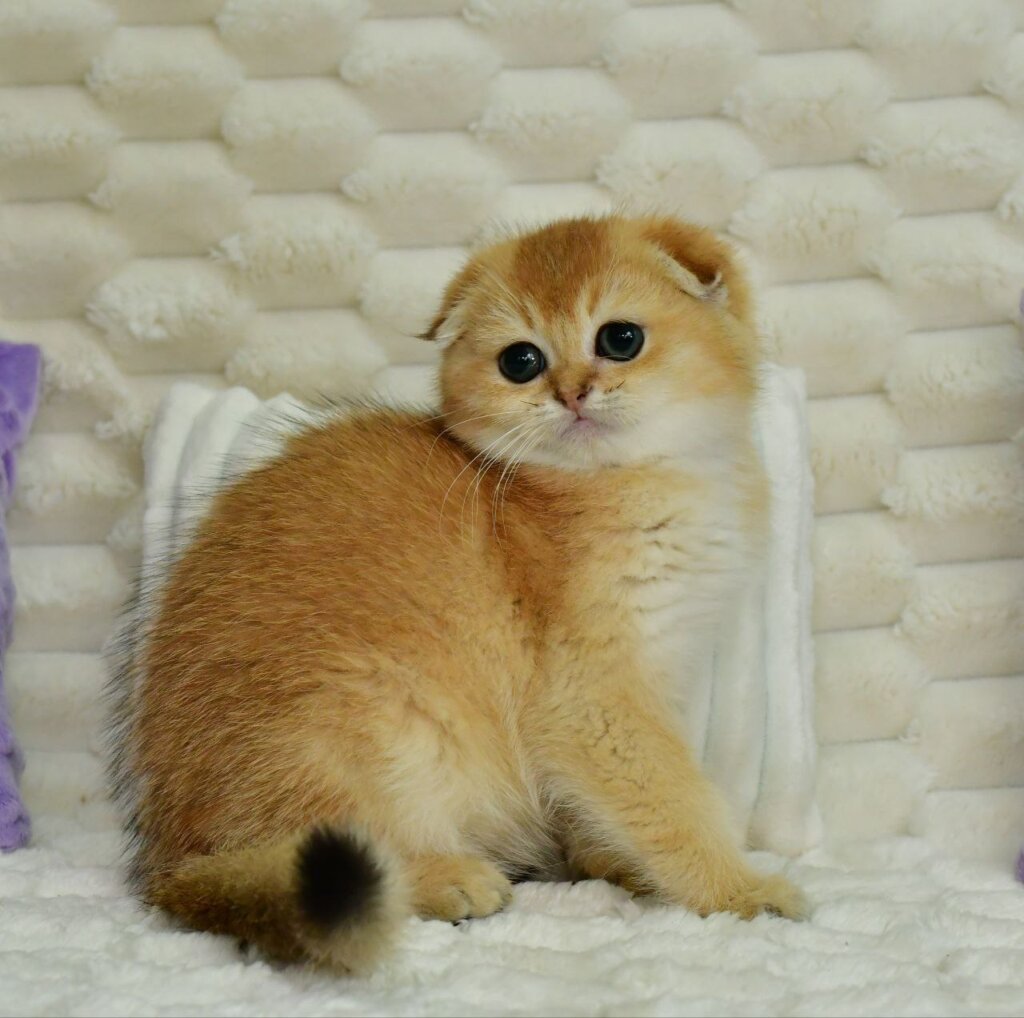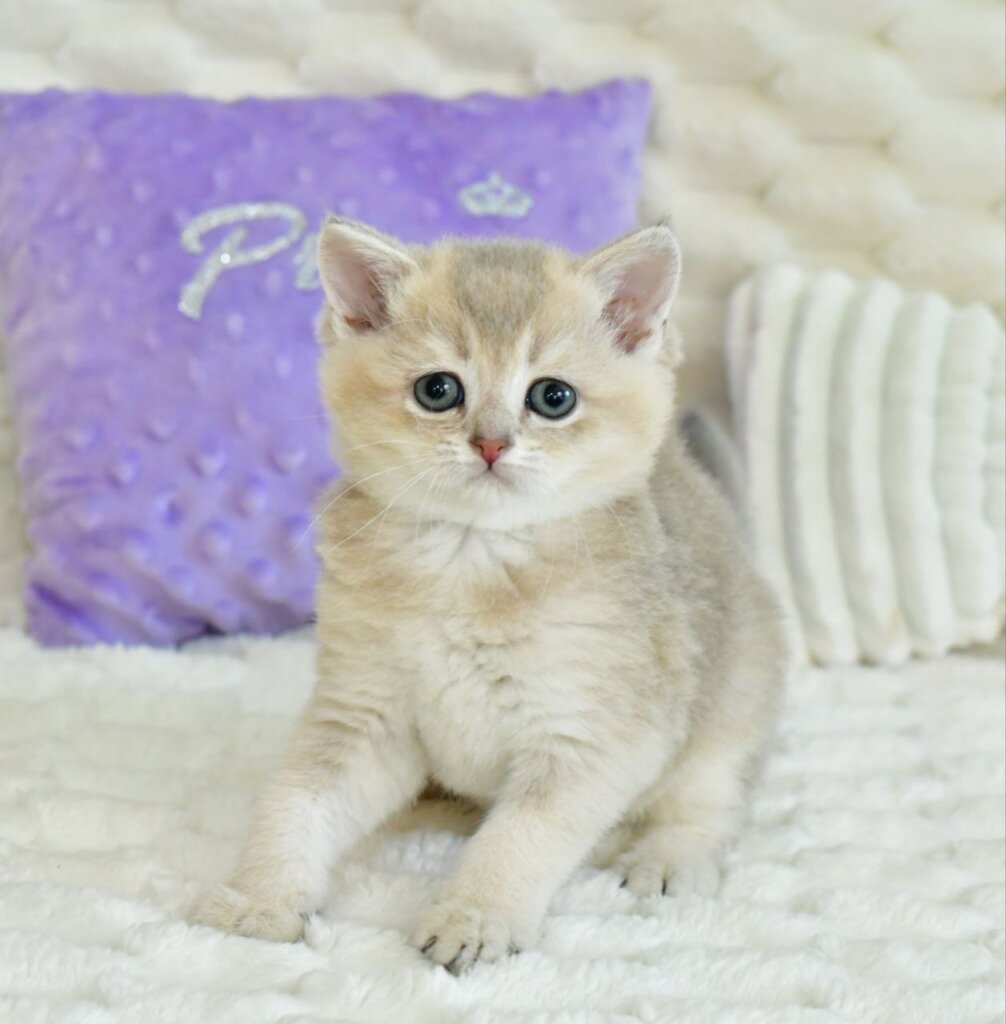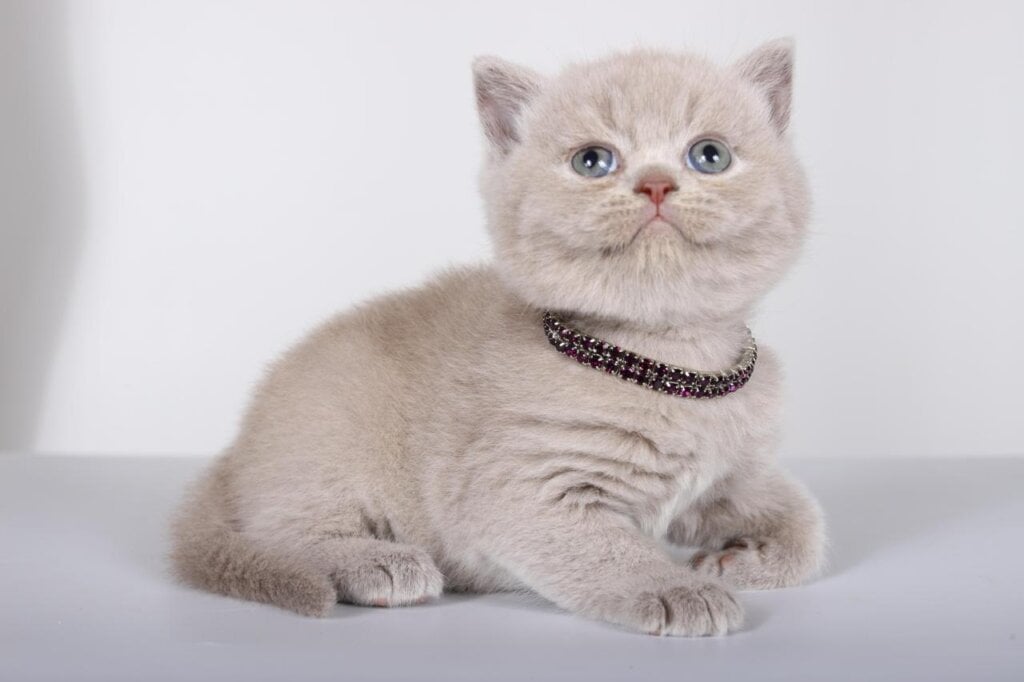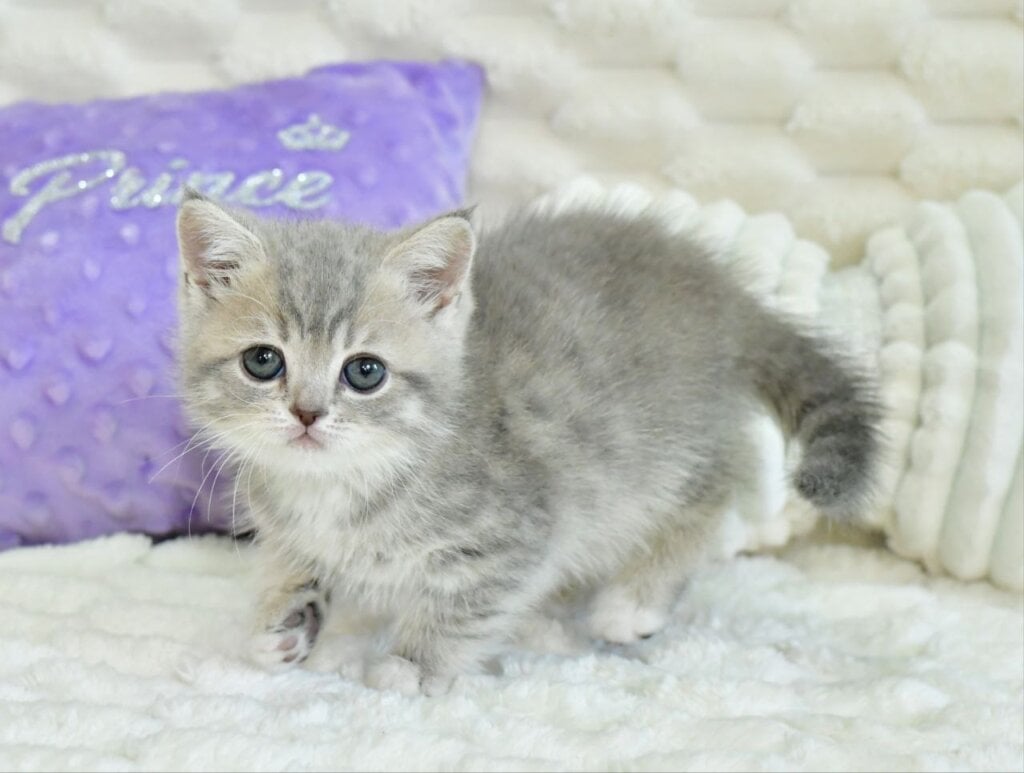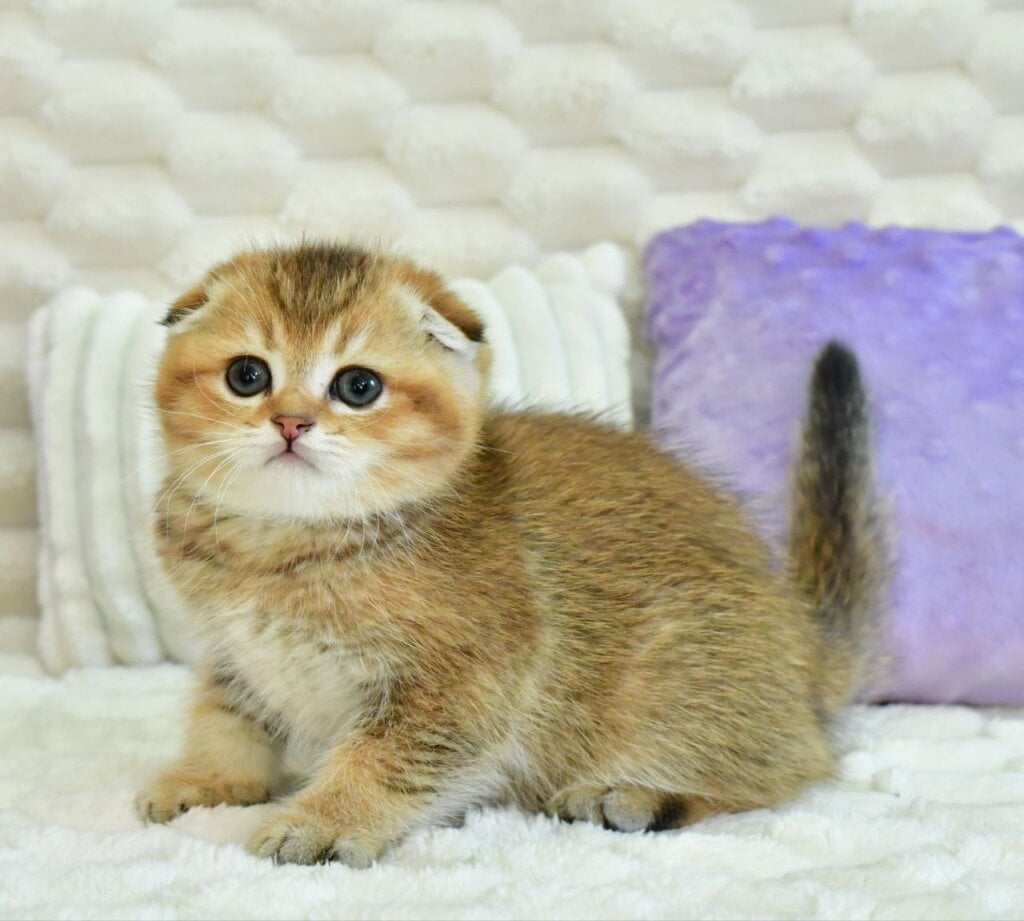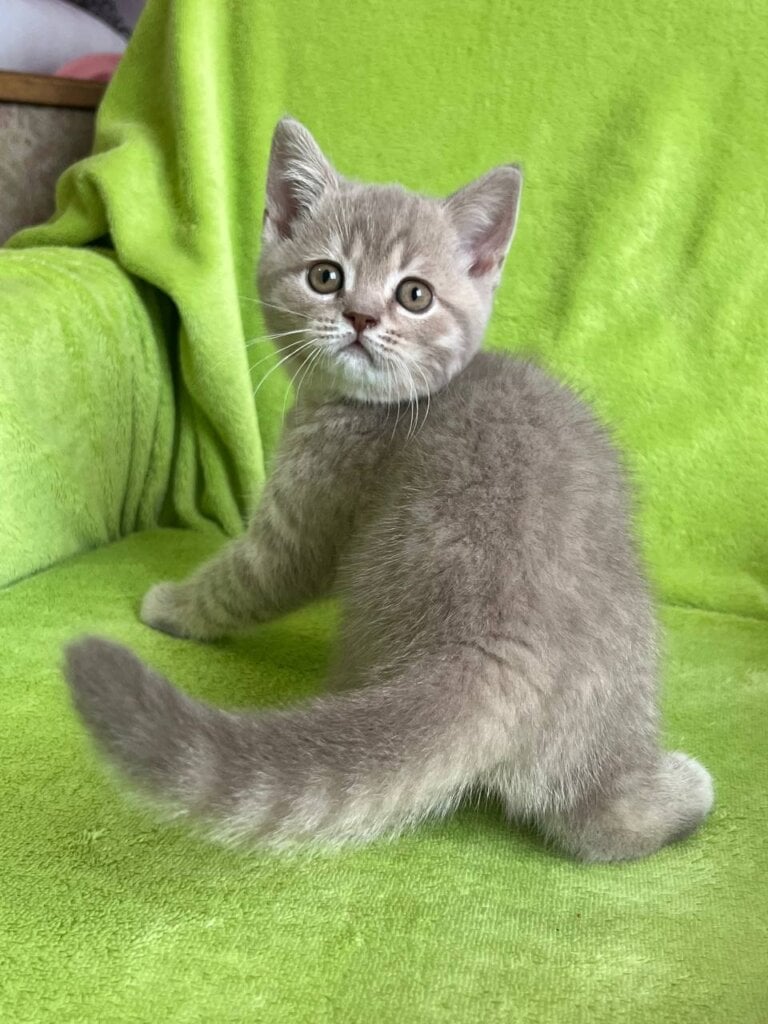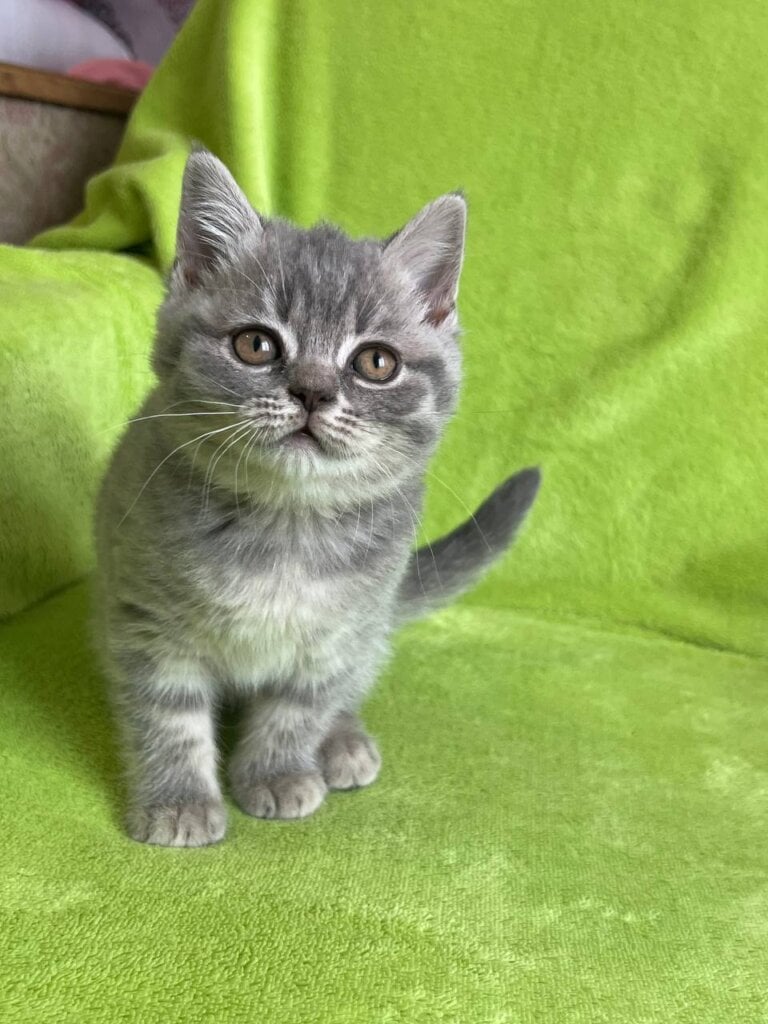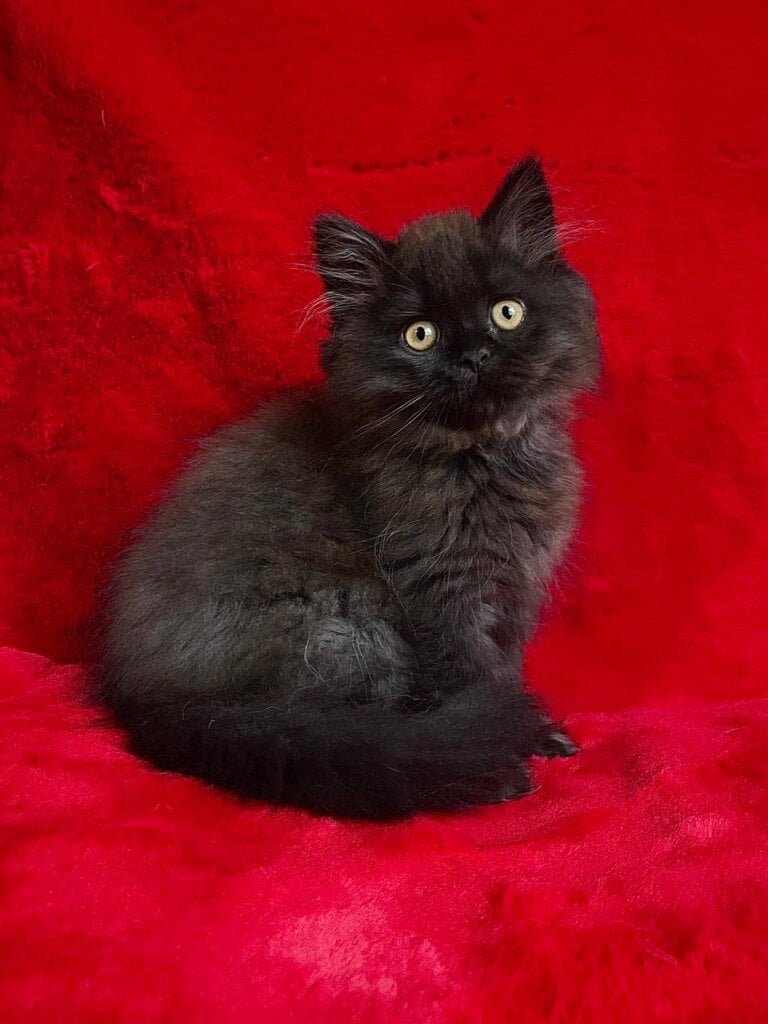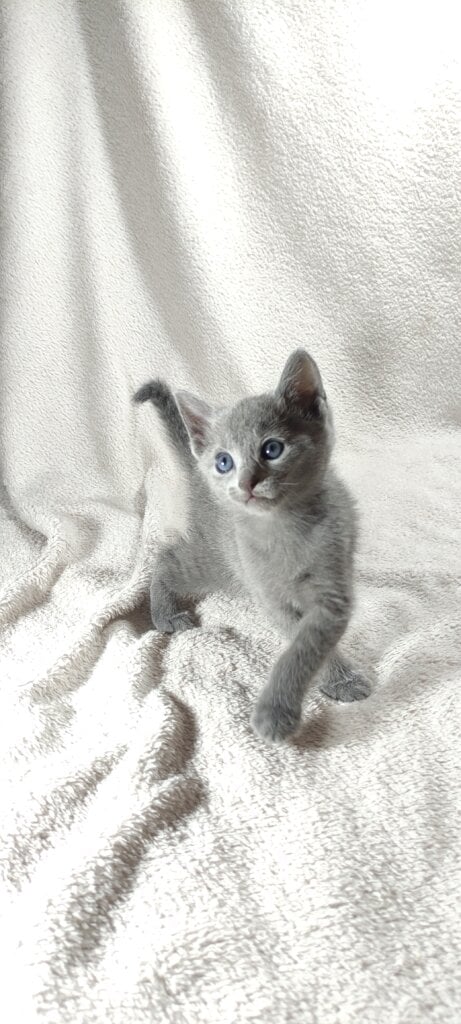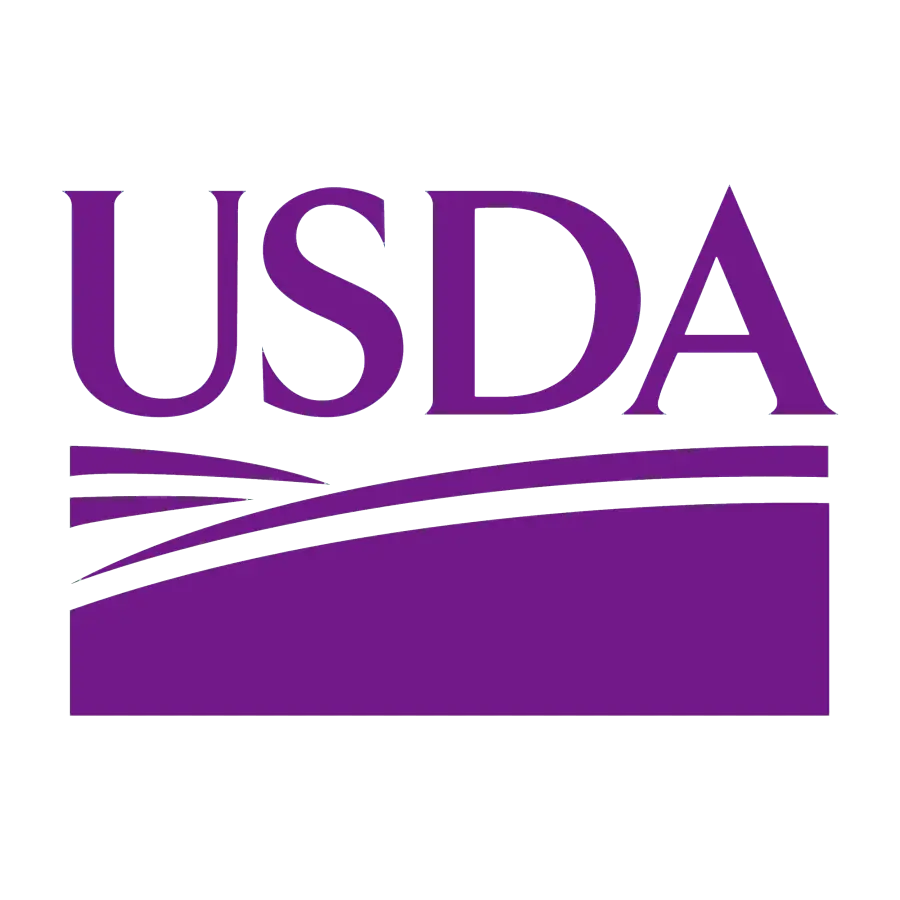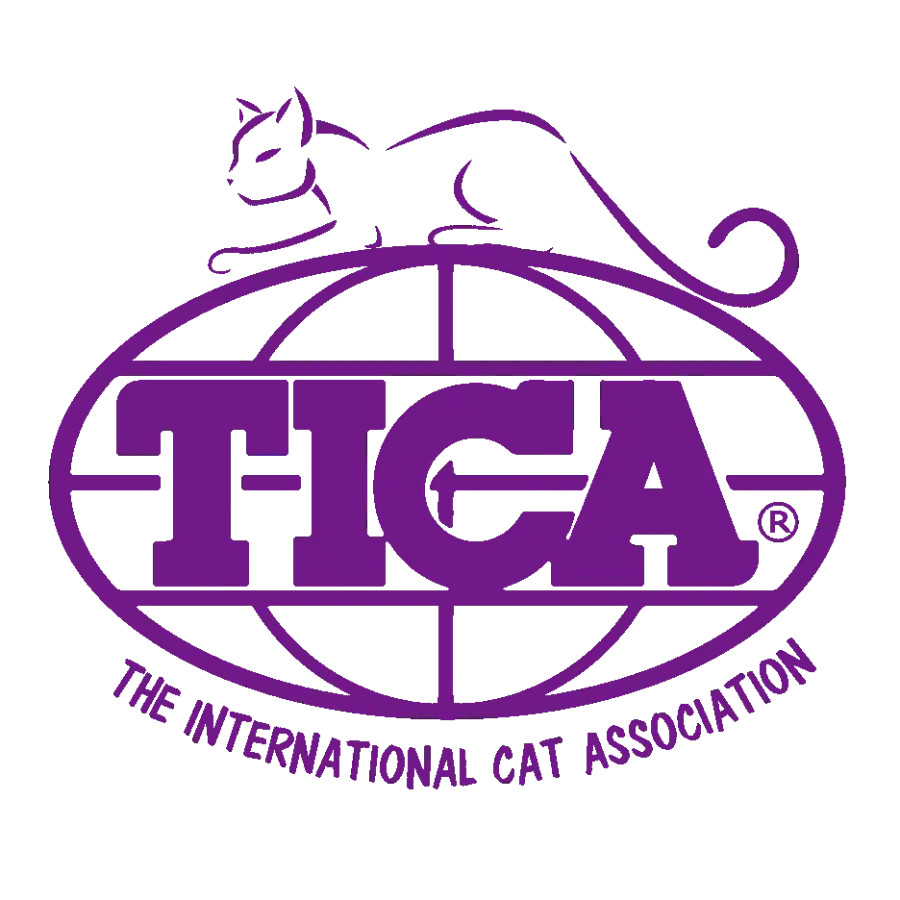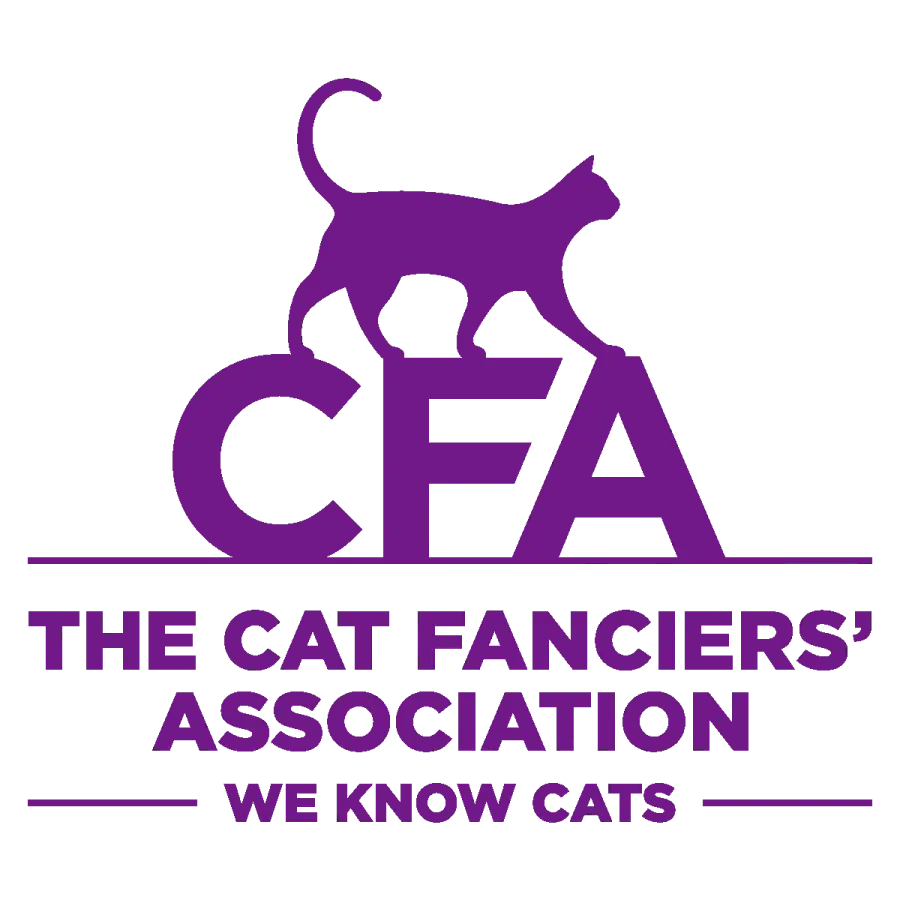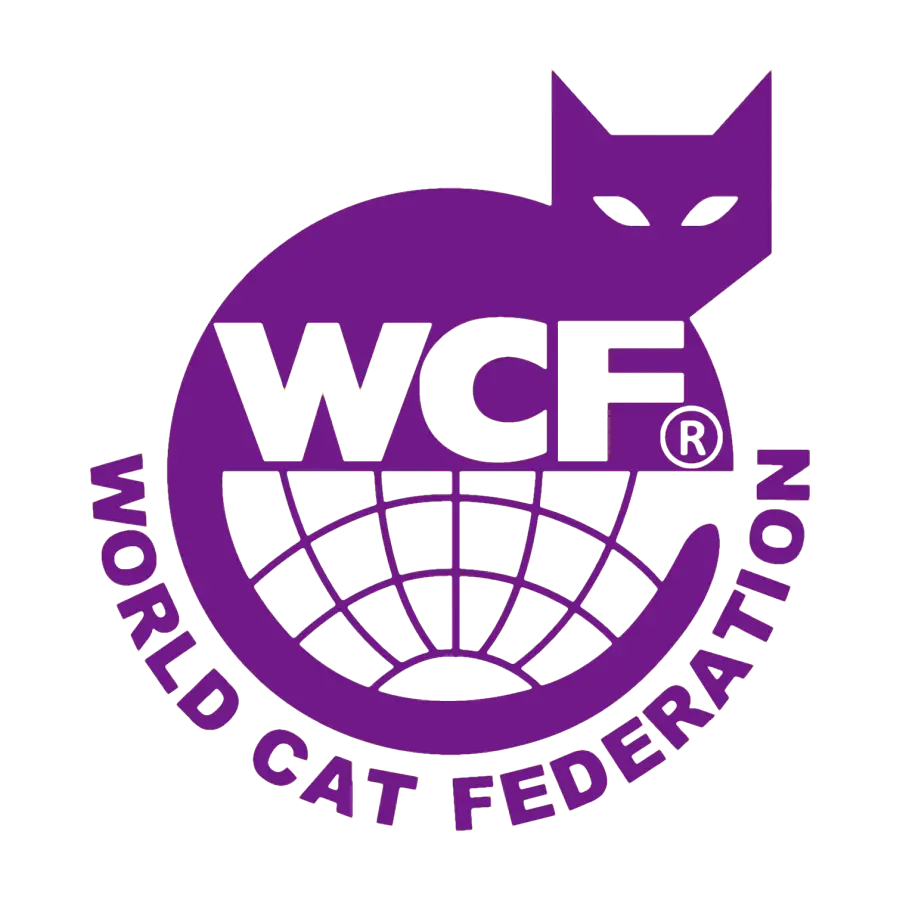If you’re the proud owner of a majestic Maine Coon, you’re probably well aware of their unique dietary needs. These large, fluffy felines are known for their voracious appetites, but it’s crucial to keep them on a proper feeding schedule to maintain their health and vitality.
As a Maine Coon owner myself, I’ve spent countless hours researching and perfecting the ideal feeding schedule. It’s not just about the quantity, but also the quality and timing of meals that can make a world of difference in your cat’s well-being.

Essential Nutritional Needs of Maine Coon Cats
Having already discovered how delightful and engaging Maine Coon cats can be, let’s now look at what they require nutritionally to maintain their zest for life.
Importance of a Balanced Diet
A balanced diet plays a paramount role in the overall health of our Maine Coon friend. A nutritionally fulfilling meal helps these felines maintain their weight, fur texture, energy level, and even mood stability, so they can continue to augment our lives with their playful antics. Health issues may crop up if they’re malnourished, you certainly wouldn’t want that!
Suitable Foods for Maine Coon Cats
Maine Coon cats thrive on a diet rich in proteins and fats. Ideal meals would include chicken, fish, or even raw meat. Along with these, essential nutrients like taurine, vitamins A and B, and omega fatty acids make for a wholesome meal. While they definitely love a bit of dairy, don’t be tempted to go overboard. Lactose intolerance is common among adult cats! Speak with your veterinarian to construct an ideal feeding regime that will ensure your ‘gentle giant’ gets all the nutrients it needs.
Establishing a Maine Coon Feeding Schedule
To enhance the longevity and health of your Maine Coon, proper nutritional scheduling is crucial. Let’s consider the influences on a Maine Coon’s diet and the elements of shaping a daily feeding routine.
Factors Influencing a Maine Coon’s Diet
Though these sturdy feline behemoths share common nutritional needs with other cat breeds, differences arise from factors such as weight, activity level, and health status. For example, Maine Coons, famous for their high energy levels, require more calories compared to less active cat breeds. Weight is another crucial determinant; a bigger Coon would demand more nutritional intake than a smaller one. Furthermore, various health conditions, such as diabetes or kidney issues, can drastically modify a Maine Coon’s diet, necessitating modifications in dietary plans. Hence, it’s advisable to get your cat thoroughly checked out by a vet before drafting a feeding schedule.
Creating a Daily Feeding Routine
Crafting a daily feeding routine for a Maine Coon cat isn’t wrought out of thin air. It involves considering the feline’s age, physical activity, and health conditions. Kittens generally require more frequent meals – around three to four times daily – as they’re growing. For adult Coons, two feedings per day, morning and evening, works well. Do remember to incorporate enough exercise into their routine to avoid obesity. Crucially, be consistent with the timing of meals. Maine Coons, like many pets, thrive on a predictable pattern and consistency in their feeding schedule.

Challenges in Maine Coon Feeding
Maine Coons’ size and active lifestyle bring notable challenges when it comes to feeding. It’s all about striking the right balance between their nutritional requirements and portion sizes.
Overfeeding and Obesity
While Maine Coons may be built large, that doesn’t mean they can be overfed. Overfeeding usually leads to obesity, a common health issue among house cats. According to the Association for Pet Obesity Prevention, about 60% of domestic cats in the United States were classified as overweight or obese in 2018. For Maine Coons, this can exacerbate stress on their joints and create a domino effect of health problems, such as diabetes, liver disease, and heart disease. To prevent such issues, pet owners should measure their cat’s meals accurately and stick to the feeding schedule recommended by their vet.
Underfeeding and Malnutrition
On the flip side, underfeeding your Maine Coon isn’t ideal either. Consistent underfeeding can lead to malnutrition, causing deficiencies in essential nutrients like proteins, vitamins, and minerals that Maine Coons need for optimal health. For instance, a deficiency in the amino acid taurine, as mentioned in the American Journal of Veterinary Research, can lead to cardiovascular disease in felines. Spotting malnutrition can be tricky; however, symptoms often include lethargy, dull coat, and stark weight loss. To avoid underfeeding, an owner must ensure their Maine Coon’s diet meets their nutritional needs, which varies based on the cat’s age, lifestyle, and overall health.
How to Monitor Your Maine Coon’s Diet
Keeping an eye on your Maine Coon’s diet forms a vital part of pet ownership. Recognizing any signs of dietary imbalances and seeking professional help can aid in ensuring your cat’s optimal health and happiness.
Recognizing Signs of Diet Imbalances
Identifying signs of diet imbalances, which is the first critical step in maintaining your Maine Coon’s health, involves detailed observation and attentiveness. If your cat begins to exhibit changes such as poor coat condition, weight gain or loss, lethargy, or irregularity in bowel movements, it’s possibly experiencing dietary imbalances.
For example, a dull and lackluster coat might indicate a deficiency in essential fatty acids, while sudden weight gain might suggest overfeeding or lack of physical activity. It’s an immediate cue to revisit your Maine Coon’s feeding habits and review its meal plan.
Consulting a Veterinarian
Getting professional advice plays an integral role in assessing your Maine Coon’s diet. It’s advisable to schedule regular check-ups with your veterinarian, ideally every six months, to stay ahead of any potential health issues.
A vet can provide thorough examinations, assessing your cat’s weight, coat condition, dental health, among other factors. They can also conduct necessary blood tests and screenings if they suspect any specific nutritional deficiencies or disorders. From there, your vet can make precise recommendations for adjustments in feeding schedules, portion sizes, or diet types to better cater to your Maine Coon’s dietary needs.
Conclusion
So there you have it folks! Feeding your Maine Coon isn’t as daunting as it might seem. Remember it’s all about balance – the right nutrition and portion sizes tailored to your cat’s needs. It’s crucial to keep an eye on their condition and watch for any signs that might indicate a dietary imbalance. Don’t hesitate to seek professional advice when needed. Regular vet check-ups are your best bet to ensure your furry friend stays in tip-top shape. After all, our ‘gentle giants’ deserve nothing but the best! Happy feeding!
